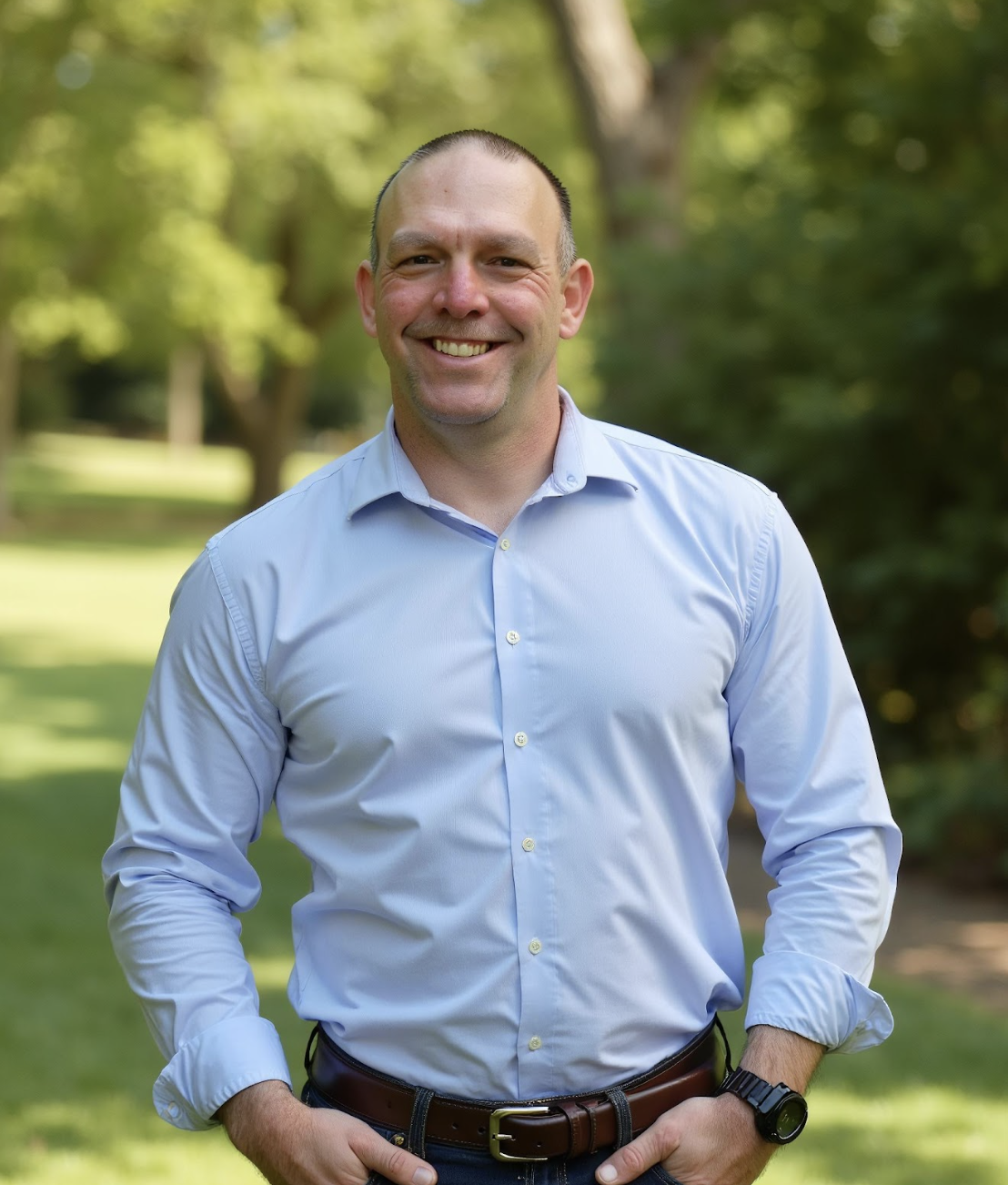Goodera Guides
Browse our in-depth library of comprehensive resources covering everything from volunteering, employee engagement, CSR initiatives, D&I best practices, and more.
A Complete Guide to Celebrate Juneteenth at work
Make your Juneteenth celebrations purposeful this year with our workplace celebration guide. Explore ways to recognize Juneteenth with colleagues, celebrate ideas for the workplace, and nonprofit organizations you can support to power community impact.
A Complete Guide to AAPI ERGs
Take a deep dive into the what, whys, and hows of an AAPI Employee Resource Group with our guide. Download our AAPI ERG Toolkit for more resources!
The Earth Day Resource Centre
Discover 150 Earth Day resources that will kick-start your climate action journey, including a wide variety of books, films, videos, articles, and many more interesting resources!
A Complete Guide to Women’s ERGs
Take a deep dive into the What, Why, and Hows of a Women’s ERG with our guide, and download our Women’s ERG toolkit for additional resources.
How to celebrate MLK Day at work: A comprehensive guide
Learn how to celebrate MLK Day at work with purpose and respect. Explore impactful ways to honor Dr. King’s legacy through inclusive events, community service, and reflective activities that foster diversity, equity, and inclusion in the workplace.
Celebrate Mental Health Awareness Month at work
What, when how and importance of celebrating Mental Health Awareness Month at work with list of activity ideas for work and charities to support.
Pocketbook for celebrating Earth Day at work
Wondering how your organization can make an impact this Earth Day? We've got you covered. Dive into the theme for 2023, Earth Day activities to bring teams together for impact, nonprofits you can support, and more.

The what, why, and how of Month of Service
Wondering what can you do to take your corporate social responsibility initiatives to the next level? Discover a step-by-step approach to planning and executing the 'Month of service' – a program that brings together your employees to volunteer in the community.

A complete guide to Corporate Social Responsibility
Top reads for CSR professionals covering everything from CSR ideas and initiatives, examples, trends, and strategy, to a special deep dive into CSR in India.
Resources


How Google Applies AI to Scale Social Impact




Designing Your AI and Volunteering Strategy










.webp)


